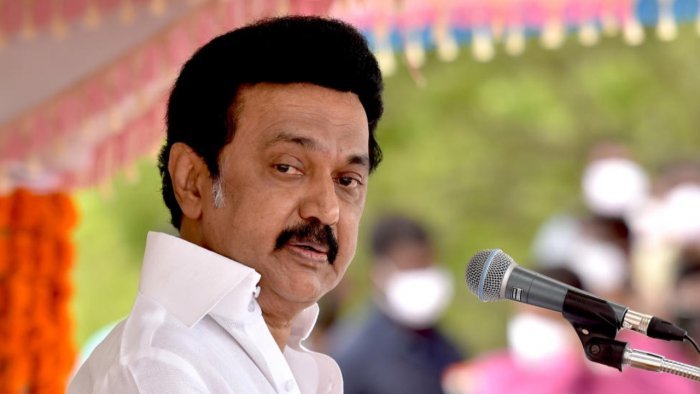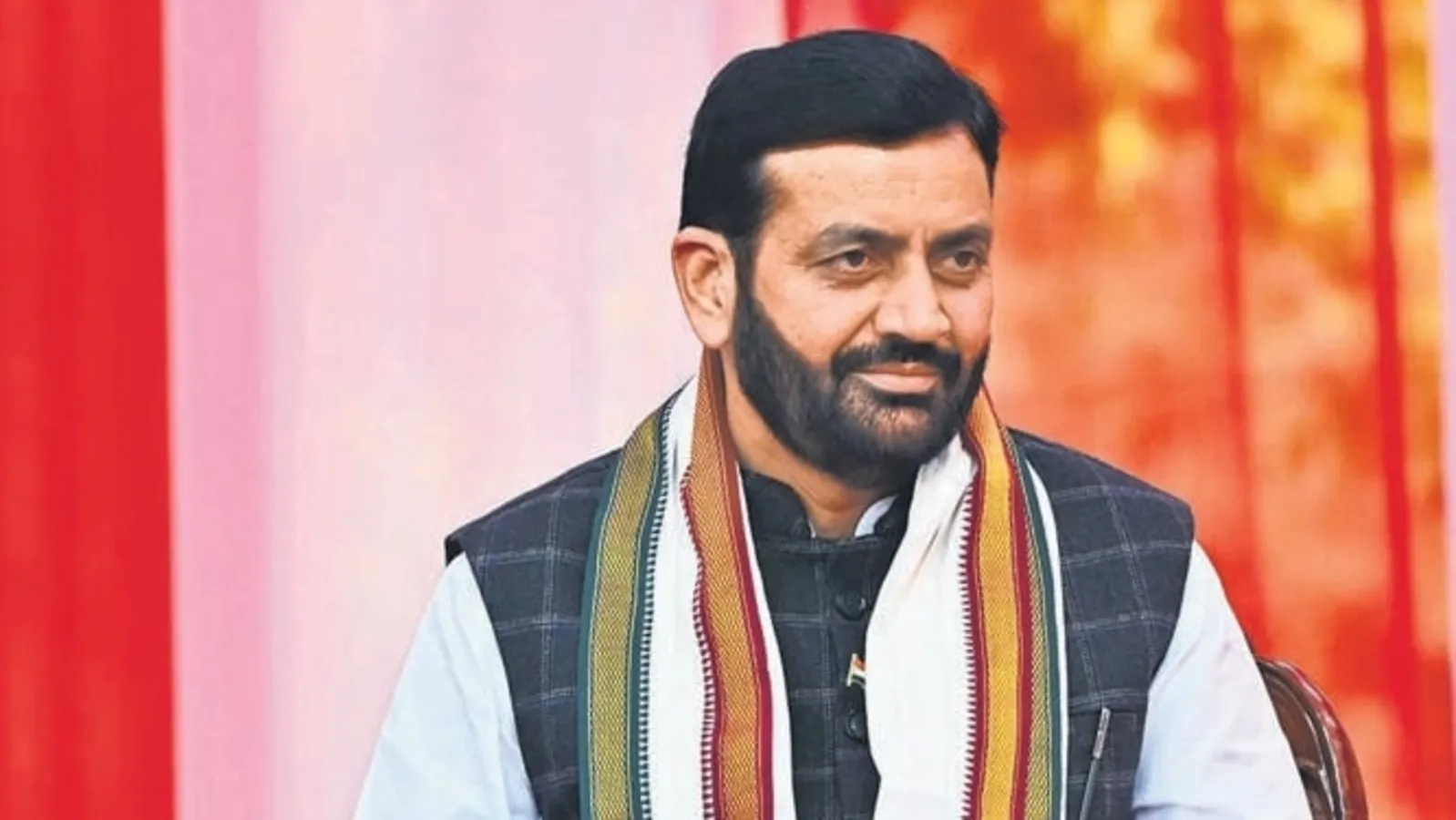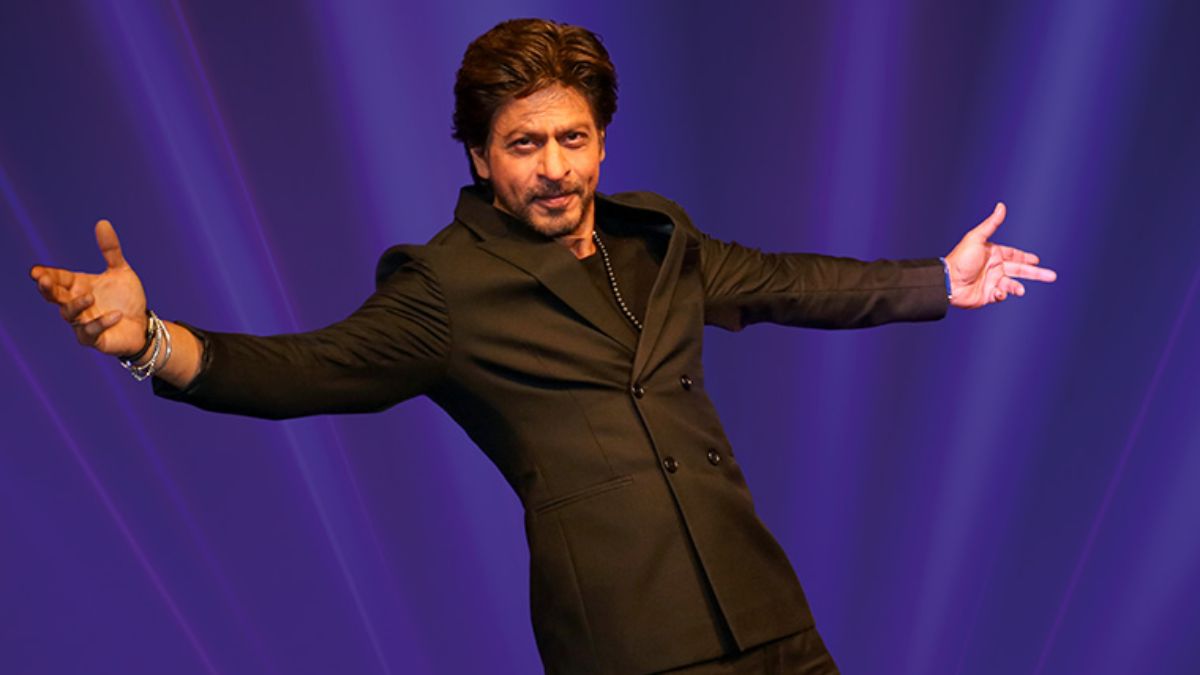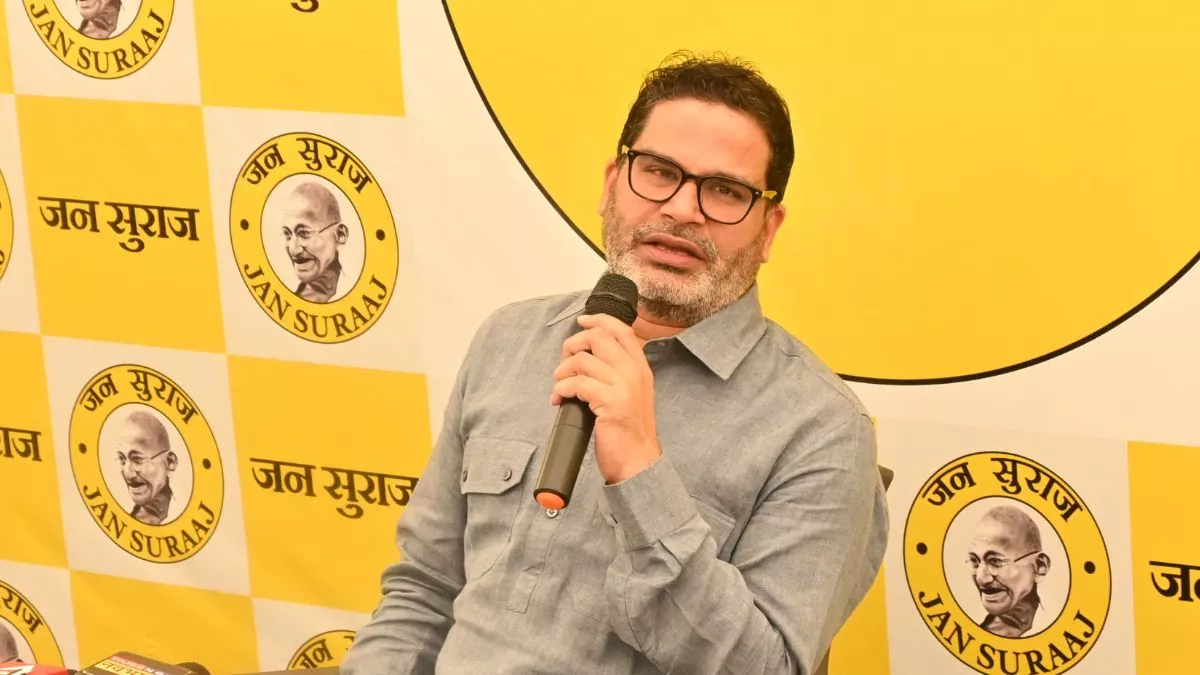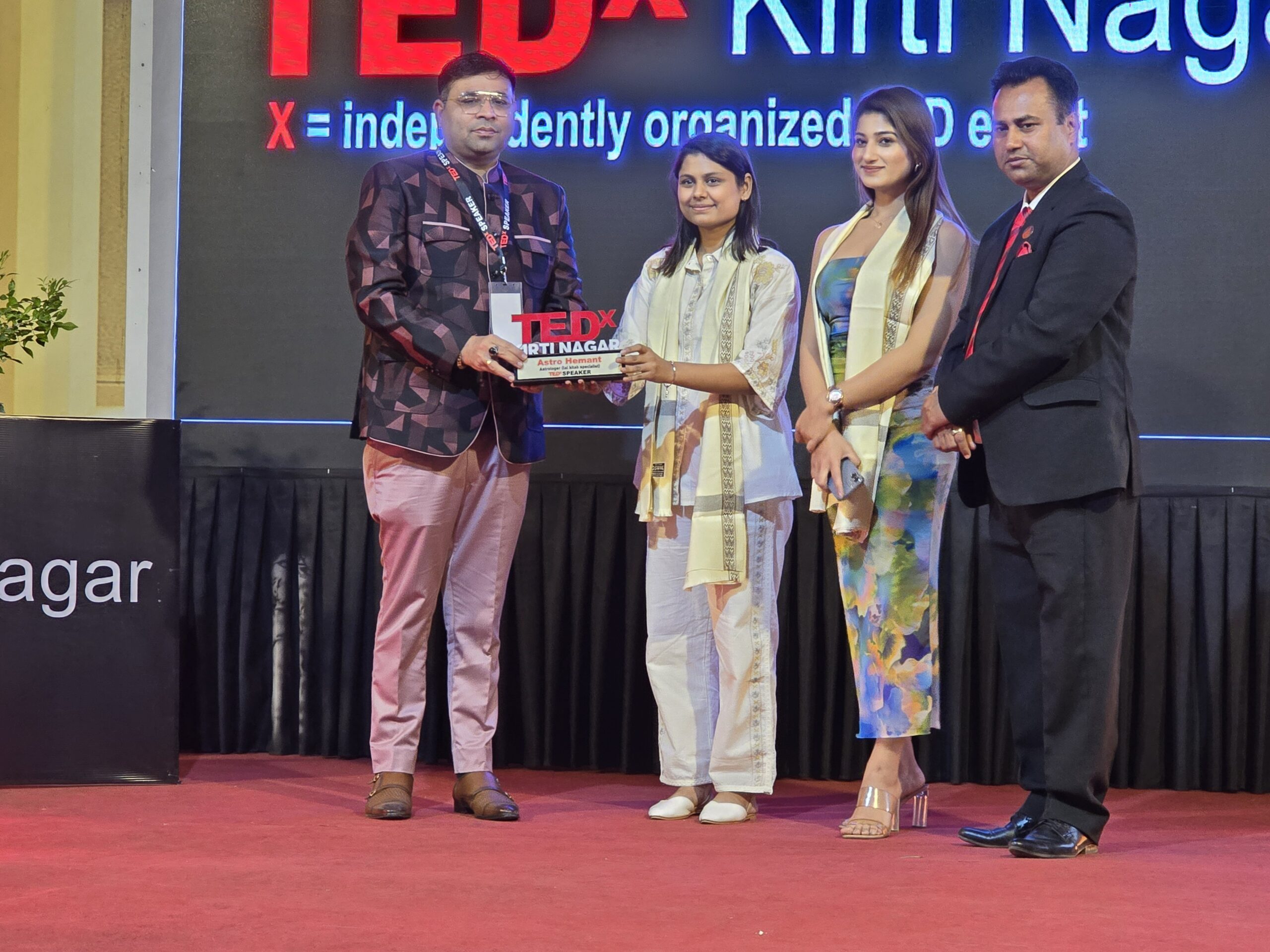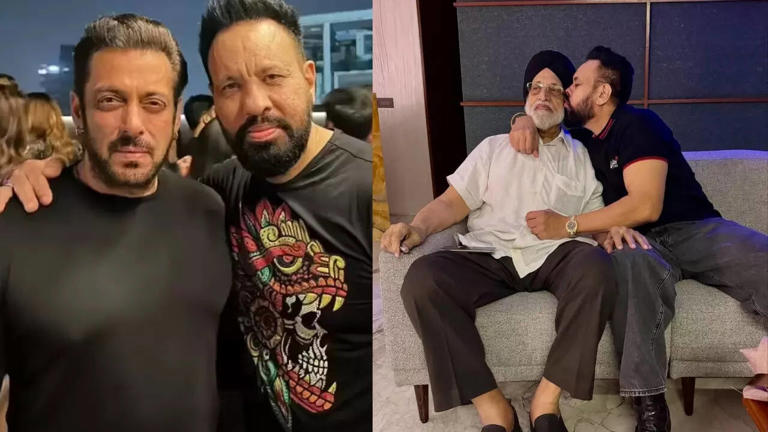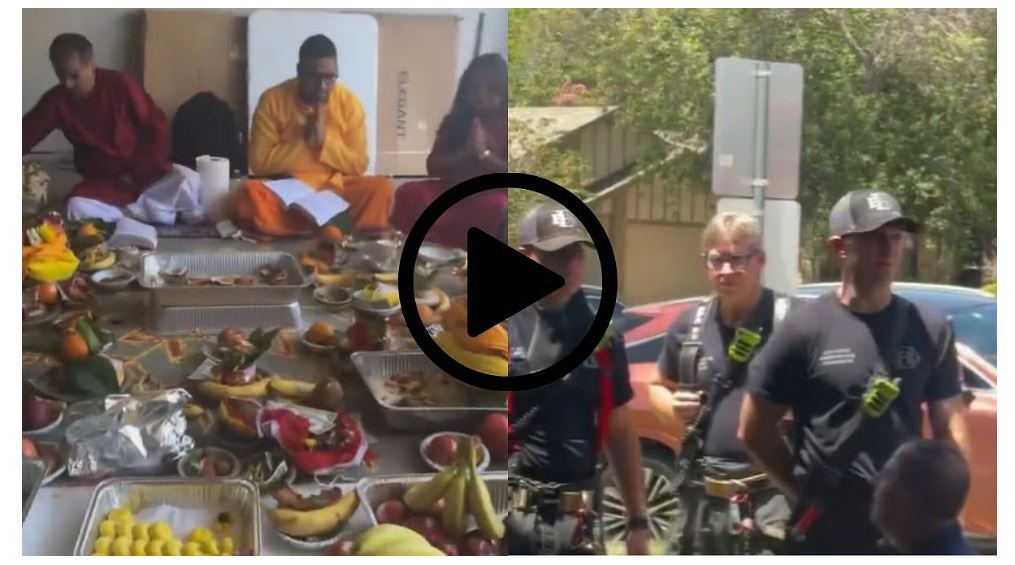Tamil Nadu’s Chief Minister, M.K. Stalin, recently introduced a resolution in the state legislature, voicing strong opposition to the central government’s “one nation one election” proposal. This proposal aims to synchronize the electoral processes for both the Lok Sabha and State Legislative Assemblies across India. Stalin’s objection came in the wake of discussions by a high-level committee, which had been consulting state election commissions about the feasibility of conducting concurrent elections nationwide.
In his address to the assembly, Stalin criticized the proposal as being incompatible with the democratic ethos, arguing that it overlooks the practical and diverse nature of India’s electoral needs. He emphasized that the unique issues relevant to local bodies, state assemblies, and the Parliament require elections at different times to ensure that governance remains people-focused and adheres to the principles of democratic decentralization.
Moreover, Stalin raised concerns over the proposed delimitation based on census data, arguing that it could disproportionately benefit states not adhering to population control measures, thus affecting the democratic balance. He also highlighted the specific impact on Tamil Nadu, which could see a reduction in its Lok Sabha seats from 39, potentially diminishing the state’s influence and representation in the national parliament.
This move by the Chief Minister underscores a significant critique of the “one nation one election” policy, highlighting concerns about its practicality, democratic integrity, and the potential for unequal representation.


